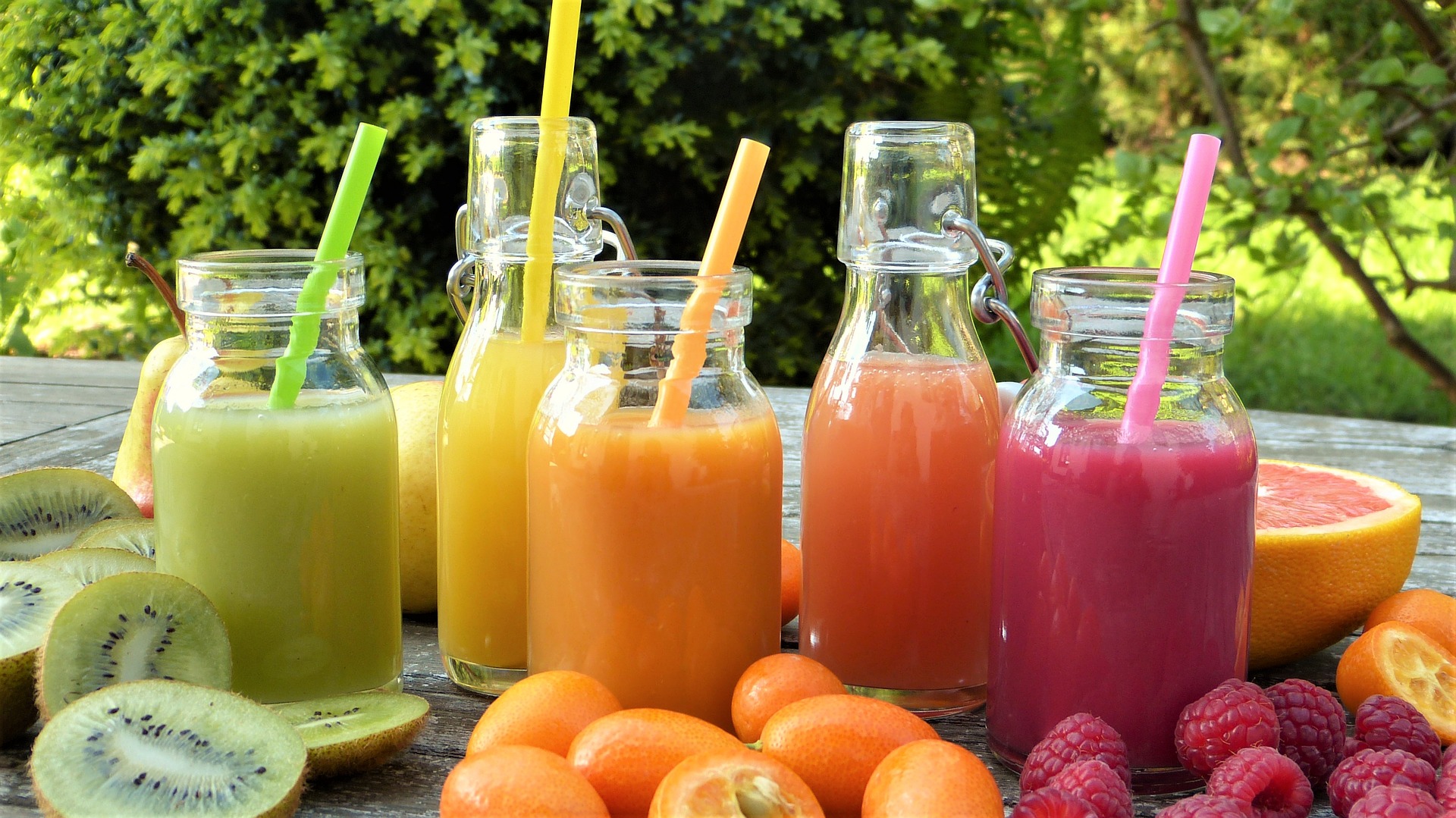Even if you are not particularly interested in nutritional trends and modern diets, you have certainly noticed there are always products which are promoted as extremely healthy whereas there are always foods which are heavily criticised. There would be nothing strange in it if only these products were not changing from superfoods for archenemies of a healthy diet and the other way round. Needless to say, this can create a huge confusion as despite the gigantic choice of nutritional products available on the modern market, it is becoming more and more difficult to pick something truly good for your health.
This article will help you to understand the real value of some of the products which are currently available in the shops as healthy foods.
Processed gluten-free products
One of the most controversial trends regarding nutrition in the modern world concerns gluten. Scientists themselves have not reached the same conclusion about its effect on the health. Certainly, people diagnosed with the celiac disease should never eat gluten even in the smallest amounts. It is possible that some people can have a worse tolerance to gluten even though they have never been diagnosed with celiac disease while the celiac disease whereas many scientists recommend to reduce the amount of gluten in the diet of all people as it has an inflammatory effect.
No matter what is your reason for not eating gluten, you should be aware of the fact processed gluten-free products are not a good choice for anyone. Of course, for people with celiac disease the choice of products is rather limited and they certainly will have to buy some pre-processed gluten-free goods. Yet, a better choice will be to purchase foods which is naturally free from gluten rather than the one which was heavily processed in order to get rid of gluten. In the majority of cases various types of gluten-free bread, cookies or pasta available in supermarkets have too much carbohydrates and sugar and a rather small amount of proteins and fibre.
It is absolutely certain that the fact they free from gluten does not make them healthy.
Smoothie
Smoothie is another superfood of our time. Small bottles with beautiful colourful cocktails look delicious and appealing while the content of such beverages including exotic fruits promises you something particularly tasty. Needless to say, smoothie is becoming more and more popular today.
Some specialists will recommend you to prepare smoothie at home rather than to purchase smoothie in the shop. Certainly it is a better choice since you can never know whether ready-to-consume smoothie has sugar or not. Yet, this is not the only problem with such a product.
The idea of smoothie is to drink it right after preparation as only in such a way you will be able to benefit from its vitamins and other healthy nutrients which are rather prone to oxidation and are easily destroyed once fruits and vegetable are processed. This means that buying a smoothie in the supermarket especially the one with a distant expiration date does not have any sense.
Still, consuming smoothie might not be thus a good idea especially if you are doing it with a view to feeding your body with nutrients rather than to detoxify it. Nothing has more nutrients than whole fruits and vegetables. Furthermore, many nutrients are soluble in oils which means they can be absorbed by a body if only they are consumed with oils. If you just cut vegetables or fruits into pieces and add a bit of an oil such as an olive oil or a grape seed oil, your body will benefit from the amazing features of these products much more.
Isotonic drinks
If you look at popular sweet beverages, you will certainly belief in the myth of isotonic drinks being healthy. Unfortunately, this is not true at all.
Isotonic drinks have microelements indeed but they are also filled with sugars, colourants and preservatives. This definitely does not make them healthy. Do not think that artificial sweeteners such as for example aspartame is better than regular sugar. This popular food additive is raising lots of concern in researchers who are now sure this substance can still impair the insulin production in bodies and cause many other side effects.
Products made of full grains
First of all, it is important to understand that the foods called by manufacturers as something made of full grains is usually not made of full grains. A full grain is a completely full grain including its skin. As a rule, the full grains used for producing such goods are already cleaned from many typical parts of grains. In some cases manufacturers are using ordinary flour and add fibre separately.
Of course, this is still better than consuming products made of white flour which is deprived of any healthy nutrients and is full of easily digestible sugars which can raise the sugar level in the blood easily. Yet, you should understand that the fact a product has full grains in it does not mean it is healthy. Everything depend son the exact type of a product. If it is a cookie filled with oils and sugar, it will never be healthy no matter how much full grains it has.

